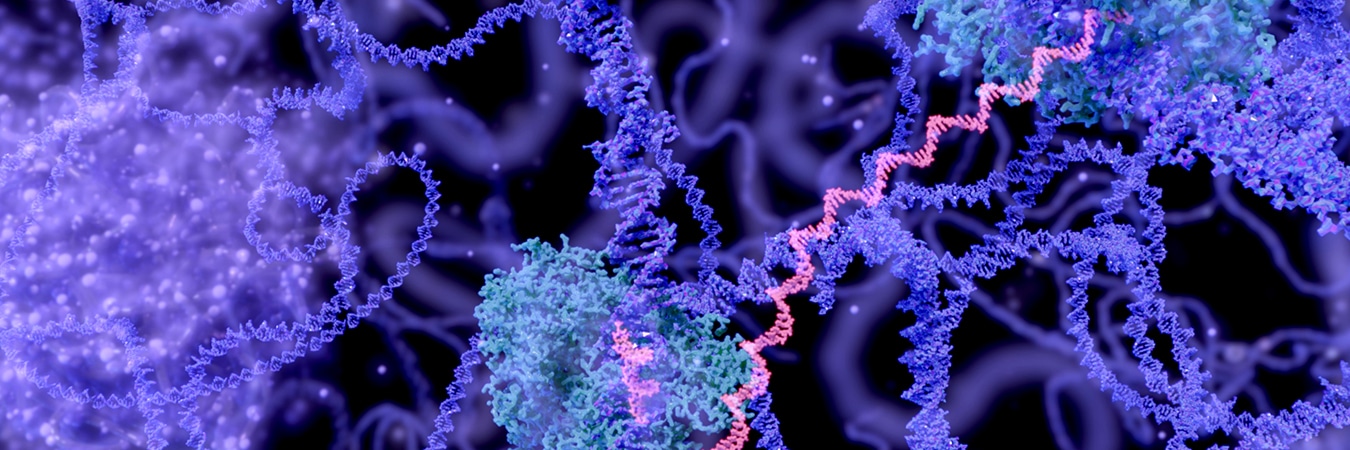RNA-based Therapies
RNA-based therapies for cancer represent an innovative and promising approach to treatment by harnessing the power of RNA molecules to modulate gene expression, induce immune responses, and directly target tumor cells. Among the most significant advancements are mRNA cancer vaccines, which introduce synthetic messenger RNA encoding tumor-specific antigens into the patient's body. These vaccines instruct the patient’s cells to produce proteins that resemble parts of the tumor, thereby training the immune system to recognize and destroy cancer cells. This personalized approach tailors the therapy to the unique genetic mutations of the individual’s tumor, making it highly precise and effective. In addition to mRNA vaccines, siRNA (small interfering RNA) therapies are designed to silence oncogenes, which are genes that promote cancer growth. siRNA molecules bind to the cancer-related mRNA, leading to its degradation and preventing the production of harmful proteins that drive tumor proliferation. RNA interference (RNAi) techniques are also being explored to block key pathways that tumors rely on for survival, helping to slow or stop cancer progression. Another major development in RNA-based cancer therapy is CAR-NK and CAR-T cell therapies, where the patient's immune cells are genetically modified using RNA to express receptors that can more effectively target and kill cancer cells. These therapies, particularly in combination with traditional treatments like chemotherapy and immune checkpoint inhibitors, hold great potential for treating both solid tumors and blood cancers. The flexibility of RNA-based therapies allows for rapid development and personalization, offering new hope for treating cancer types that have been resistant to other forms of therapy, while minimizing damage to healthy cells and reducing the risk of severe side effects.
Date:
October 14, 2024
Category:


